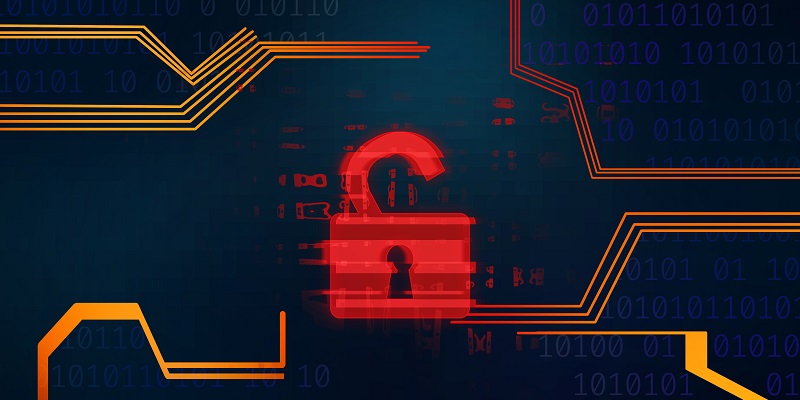Yet another organization has disclosed falling foul of the Cl0p ransomware gang’s MOVEit data breach. The Teachers Insurance and Annuity Association of America (TIAA) admitted on Friday that more than 2.63 million of its customers have been exposed. The disclosure, made to the Attorney General’s Office in Maine, is curious given that only three weeks ago TIAA played down the impact of the MOVEit breach. Now TIAA appears to have backtracked somewhat on that earlier upbeat statement, putting in a disclosure with Maine authorities declaring that 2,630,717 people, including 17,640 state residents, may have had their names and Social Security numbers stolen by Cl0p. It could be Cl0p’s biggest MOVEit scalp to date.
TIAA’s disclosure to Maine says the breach occurred on May 29th and was discovered on June 28th. The culture of secrecy that pervades victims of ransomware gangs is not surprising. MOVEit Transfer is a managed file transfer software, and the now-patched zero-day bug that compromised its servers allowed the attackers to access and download data stored there.
TIAA is a Fortune 500 company that offers financial services to around five million retired and active professionals in academia, medicine, research, and the government. The acknowledgment of a breach impacting millions of customers reflects the severity of the incident and the potential consequences for those affected.
When news of the breach broke, TIAA spokesperson Chad Peterson downplayed the impact. “No information was obtained from TIAA’s systems, and TIAA systems were not at risk from the MOVEit Transfer vulnerability,” Peterson stated on July 4th. However, TIAA’s recent disclosure to Maine contradicts this earlier statement. It reveals that the names and Social Security numbers of over 2.6 million individuals may have been stolen.
The incident raises concerns about TIAA’s initial response and raises questions about the thoroughness of the investigation conducted into the breach. It is crucial for organizations to provide accurate and timely information to the public in these situations to ensure transparency and maintain trust.
The breach’s significance is amplified by the fact that it could be the Clop gang’s most significant success with MOVEit so far. Clop has gained notoriety in recent years for its involvement in high-profile ransomware attacks, targeting organizations across various industries. If confirmed, this breach represents another victory for the cybercriminal gang and underscores the importance of robust cybersecurity measures.
MOVEit Transfer, the software compromised in this attack, is commonly employed by organizations to facilitate secure file transfers. However, its vulnerability to a zero-day bug allowed cybercriminals to exploit the system’s weaknesses, potentially compromising sensitive data. While the bug has been patched, the breach serves as a reminder for businesses to remain vigilant and prioritize cybersecurity measures to protect their data.
The culture of secrecy observed among victims of ransomware attacks is unsurprising. Organizations fear the potential reputational and financial damage that may result from publicizing a successful breach. However, this culture of secrecy ultimately hinders collective efforts to combat cybercrime. Increased transparency and information sharing would enable organizations to better understand the evolving tactics and techniques employed by cybercriminals, ultimately leading to more robust cybersecurity strategies.
In conclusion, TIAA’s admission of the Clop ransomware gang’s MOVEit data breach highlights the vulnerabilities faced by organizations in the face of sophisticated cyberattacks. With over 2.6 million customers potentially impacted, the breach raises concerns about TIAA’s initial response and underscores the need for transparency and accurate information during crisis situations. The incident also sheds light on the growing threat of Clop and the importance of bolstering cybersecurity measures. As organizations rely on software like MOVEit Transfer for secure file transfers, they must remain vigilant in addressing vulnerabilities promptly. By fostering a culture of transparency and collaboration, we can collectively work towards mitigating the risks posed by ransomware gangs and protecting sensitive data.

